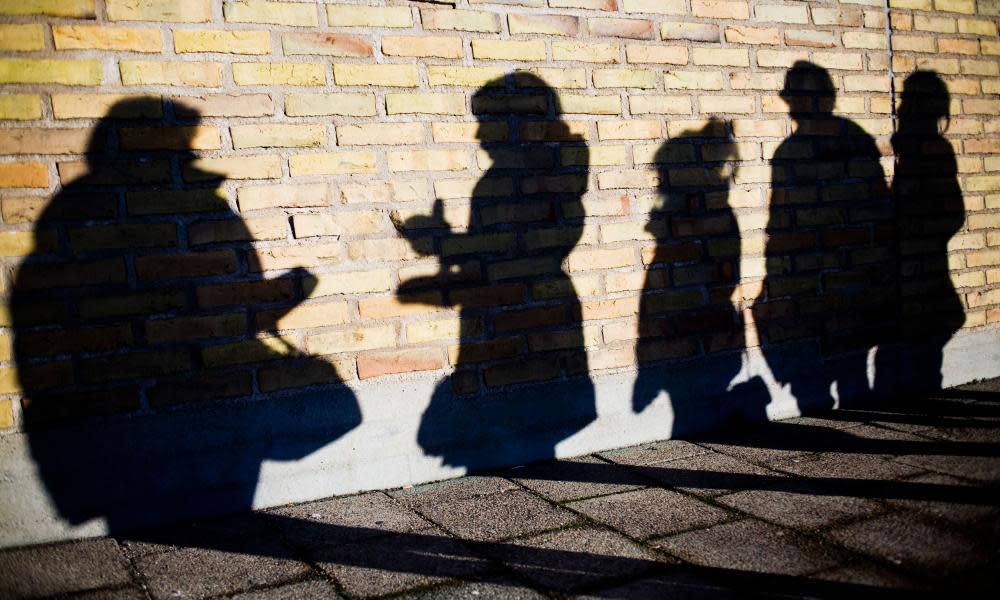Senate report on school refusal recommends subsidised mental health care for students

School students would get better access to mental health care and parent support groups would get more funding under the recommendations of a Senate inquiry to address the “alarming rate” of low school attendance.
The Greens, who initiated the inquiry last October, welcomed the Senate’s report as a “positive first step” and urged the federal government to work with states and territories to immediately begin implementing its recommendations.
The report, released on Thursday, made 14 recommendations, including an expansion of subsidised student mental health visits and a fully funded parent peer support network. It also recommended improving child health screening for early intervention, incorporating school refusal training in teacher education and improving trauma-informed practices in schools.
The emerging national trend of “school refusal” or “school can’t” refers to primary and secondary students experiencing difficulty attending school on a regular basis.
Over several months the inquiry heard from education departments and experts who repeated there was a serious lack of data as to why students were increasingly turning away from education.
Julie Birmingham, the acting deputy secretary of schools in the education department, told the inquiry in February that while it was known that attendance had been declining for a number of years, particularly through Covid, there was a lack of data to understand the scale of the problem.
Between 2021 and 2022, the attendance rate dropped from 91% to 86.5%, while the attendance level fell from 71% to just 50%, the report said, increasing with remoteness (63% and 20%) and among First Nations students (74.5% and 27%).
The Greens senator and committee member Penny Allman-Payne, a former teacher, was pleased the committee found school attendance was an “urgent problem”.
“Many students and their families are at breaking point. The need to act is urgent.”
Megan O’Connell, an honorary senior fellow at Melbourne University’s graduate school of education, told Guardian Australia last September that data “points to nearly 100,000 children not in education and many more only tangentially attached and not attending regularly”, but many experts throughout the inquiry reiterated how difficult it was to determine the true number.
School Can’t Australia said the 170 submissions to the inquiry demonstrated the extent of the crisis, and welcomed the recommendation of funding for parent peer support.
“Families in our community report significant stress accessing appropriate supports for their children and themselves. It affects their physical health, mental health and financial well-being.”
It said students were turning away from school not due to misbehaviour but extensive stressors.
“We need to resource and equip schools to respond in ways that prioritise well-being,” it said. “So that support is provided before they reach crisis point.”
The Australian Secondary Principals’ Association (Aspa) said “without a doubt” there had been a rise in school refusal, risking increasing disengagement and non-completion rates.
The rate of year 7 and 8 students staying in school full-time through to year 12 was 80.5% in 2022, down from 83.1% the year before. That rate falls to just 76% in public education.
“Over the years we have seen a significant trend in the number of students unable to attend school due to high levels of anxiety and mental health issues,” Aspa’s submission said.
“This trend was amplified during and post Covid-19 and is happening at an alarming rate.
“Schools have not had the resources or time to invest in the reflection and recovery phase post Covid-19 and are struggling to resource the interventions that are now required.”

 Yahoo News
Yahoo News 
